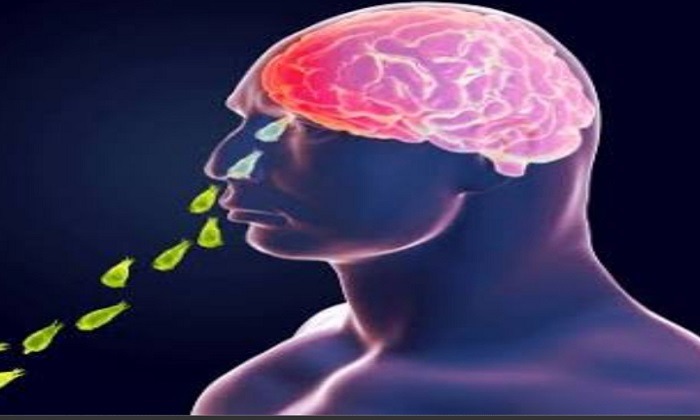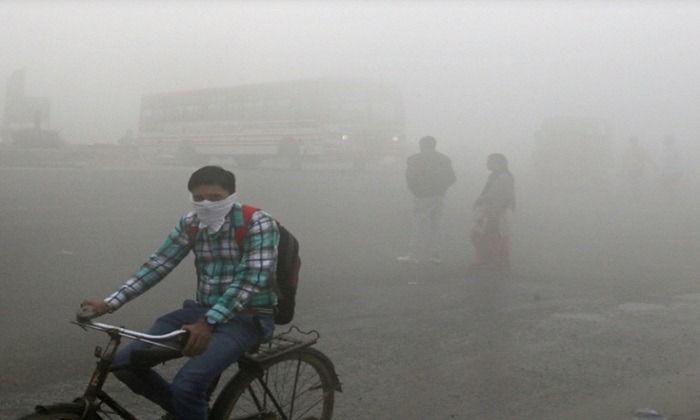[wp_ad_camp_1] Measures needed to avoid Brain Eating Amoeba
By Zaib Azkaar Hussain
Karachi
Three people have been killed in recent days in Karachi due to brain-eating amoeba, Naegleria Fowleri. Almost every year several people die due to the Naegleria Fowleri, but the measures to save people are rarely taken timely and effectively.
Naegleria fowleri is a microscopic amoeba which is a single-celled living organism. It can cause a rare and devastating infection of the brain called ‘Primary Amebic Meningoencephalitis’ (PAM). The amoeba is commonly found in warm freshwater such as lakes, rivers, ponds and canals. Almost every year biggest city of the country
The health experts are of the view that such rare infections can occur when contaminated water enters the body through the nose. Once the amoeba enters the nose, it travels to the brain where it causes PAM (which destroys brain tissue) and is usually fatal. Infections usually occur when it is hot for prolonged periods of time, which results in higher water temperatures and lower water levels. Most infections occur from exposure to contaminated recreational water. Cases due to the use of neti pots and the practice of ablution have been documented. In Karachi, the Karachi Water and Sewerage Board is responsible to ensure chlorine in the water that is killing people. However the question of verbal indication and written information at times takes too much time to clear the matter (to move a formal written request) and meanwhile the ailing people do die. A resident of Liaquatabad, 34-year-old Shoaib Ahmed Siddiqui has been died at a private hospital due to Naegleria fowleri. He was shifted to a private hospital due to critical condition on May 17 and was immediately shifted to ventilator but he could not be survived. Earlier a 44-year-old man Rasheed Shah (a resident of Kharada) had died due to brain-eating amoeba.
The first patient of this dangerous brain-eating amoeba was of a 21-year-old student Anas Aslam, (resident of Orangi Town) who was admitted to Jinnah Postgraduate Medical Centre (JPMC) in April this year.
He could not be recovered and died on April 20 due to Naegleria Fowler at the Intensive Care Unit of the JPMC.
The Sindh government (its Health Department), however constituted a focal group led by Dr Syed Zafar Mehdi to formulate strategy for control of Naegleria fowleri.
The group was assigned to take samples of water from various localities of the city, including swimming pools, water reservoirs, pumping stations, farmhouses, taps and others and test them to prevent citizens from falling prey to Naegleria fowleri.
In May 2018, a 40-year-old man, a Gulistan-i-Jauhar, had died due to Naegleria fowleri and in June, a girl (student of 10th grade) had died due to the same illness. It is a long standing and the death cases have been reported but of no avail. To settle the matter permanently it needs to evolve an effective system. It may be mentioned that in 2012 should be made. No permanent solution was ever evolved seriously. In October 2012, the then Punjab government (Health Department concerned) had issued directives to the executive district officers (health) to be on the alert. The officers were warned and directed to “Make sure that a deadly brain-eating amoeba that has killed 30 people in Karachi in recent weeks is not present in the water supply in the Punjab, particularly in swimming pools and other water bodies used for swimming.” The officers, at that time (long ago) were instructed to raise public awareness of the deadly disease.



